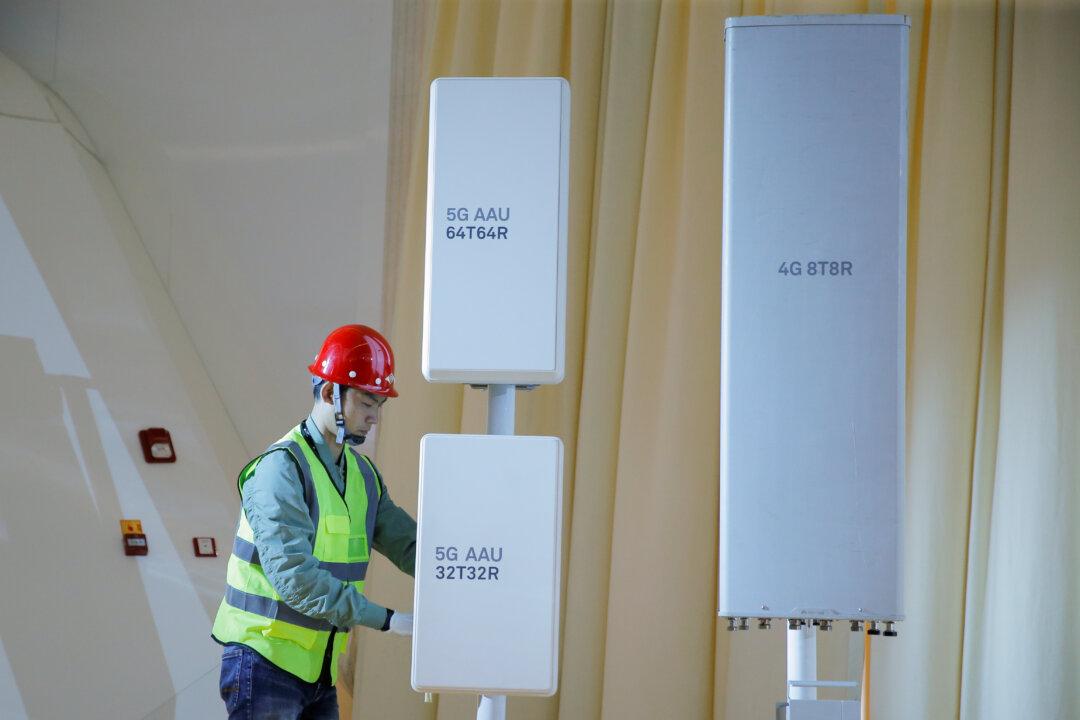In January 2018, Chinese state-run media Xinhua first made mention of a new economic strategy with a short article that largely went unnoticed, in a report about a national conference on IT industry standards.
To dominate cutting-edge technologies—such as artificial intelligence (AI), cloud computing, internet of things (IoT), and big data—China intends to accelerate efforts to develop technical standards, eventually exporting them to the international market, the report said.





